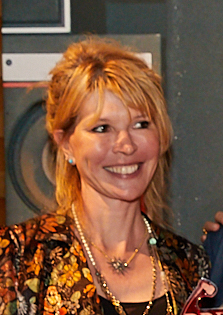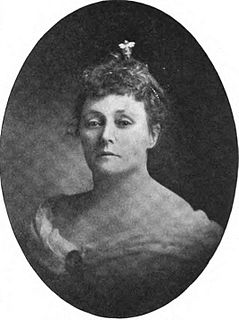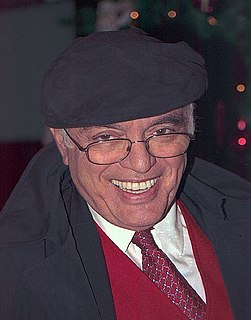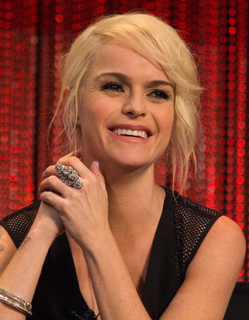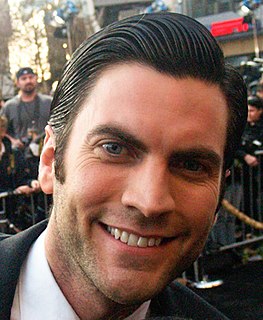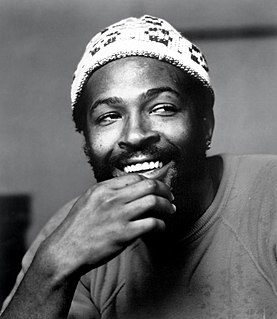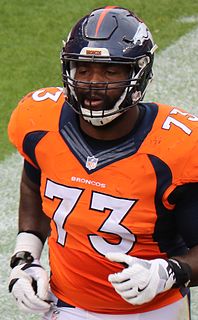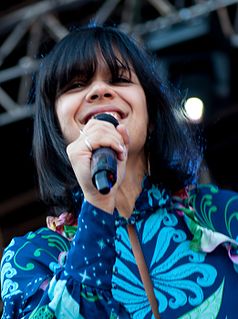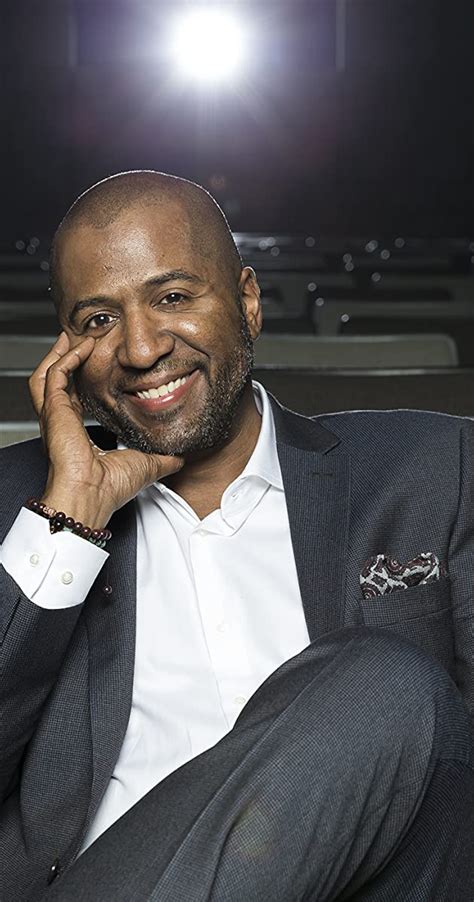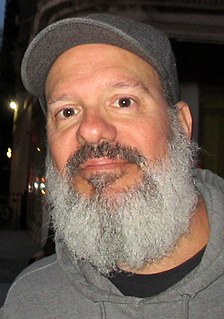A Quote by Julia Davis
I love the spiritual side of religion, but the church, for me, is a place where I feel very repressed.
Related Quotes
The form of religion was always a trivial matter to me. ... The pageantry of the Roman Church that first mothered and nurtured me touches me to this day. I love the Protestant prayers of the English Church. And I love the stern and knotty argument, the sermon with heads and sequences, of the New England Congregationalist. For this catholicity Catholics have upbraided me, churchmen rebuked me, and dissenters denied that I had any religion at all.
I was kind of feeling a spiritual need all those years. My wife Geraldine and I went to an Episcopalian Church for a while. Oh, it just seemed very political to me that a guy so liberal was talking about opposing the war in Vietnam and I didn't want to hear that when I went to church. I wanted something spiritual.
I'm not religious in any way but I am very spiritual. Music is holy to me. It's like my religion. It's sacred. It feels unearthly; it makes me feel a way that talking to somebody doesn't make me feel, it's something you can't even wrap your head around. It's not abstract, you can't even grasp it - that's what music is to me.
As you know, the separation of church and state is not subject to discussion or alteration. Under our Constitution no church or religion can be supported by the U.S. Government. We maintain freedom of religion so that an American can either worship in the church of his choice or choose to go to no church at all.
When I started saxophone, my dad took me to my uncle's church, and I started playing there, too. At its best, music serves a greater purpose, and that showed me a whole other side to spiritual jazz, one which you can hear in the music - the gospel and blues feel, the soul that's embedded into the more avant-garde records.
I love the church. And the church is flawed. I think it's important that the issues of justice become important to the church. A lot of these churches don't necessarily take on justice because it affects dollars that come in. We need to start and assess the areas that we're in and not be so obsessed with becoming this big, huge church where everybody's pointing at one leader! We all should be pointing at Jesus, and if that's true we got to get to a place where the people become important to us. It kills me! It hurts me! Jesus has set the example. It's very clear!
I went to church every Sunday and sang in the choir. But for all that the church gave me - for all that it represented belonging, love and community - it also shut its doors to me as a gay person. That experience left me with the lifelong desire to explore the power of religion to transform lives or destroy them.
The realization of our soul has its moral and its spiritual side. The moral side represents training of unselfishness, control of desire; the spiritual side represents sympathy and love. They should be taken together and never separated. The cultivation of the merely moral side of our nature leads us to the dark region of narrowness and hardness of heart, to the intolerant arrogance of goodness; and the cultivation of the merely spiritual side of our nature leads us to a still darker region of revelry in intemperance of imagination.
